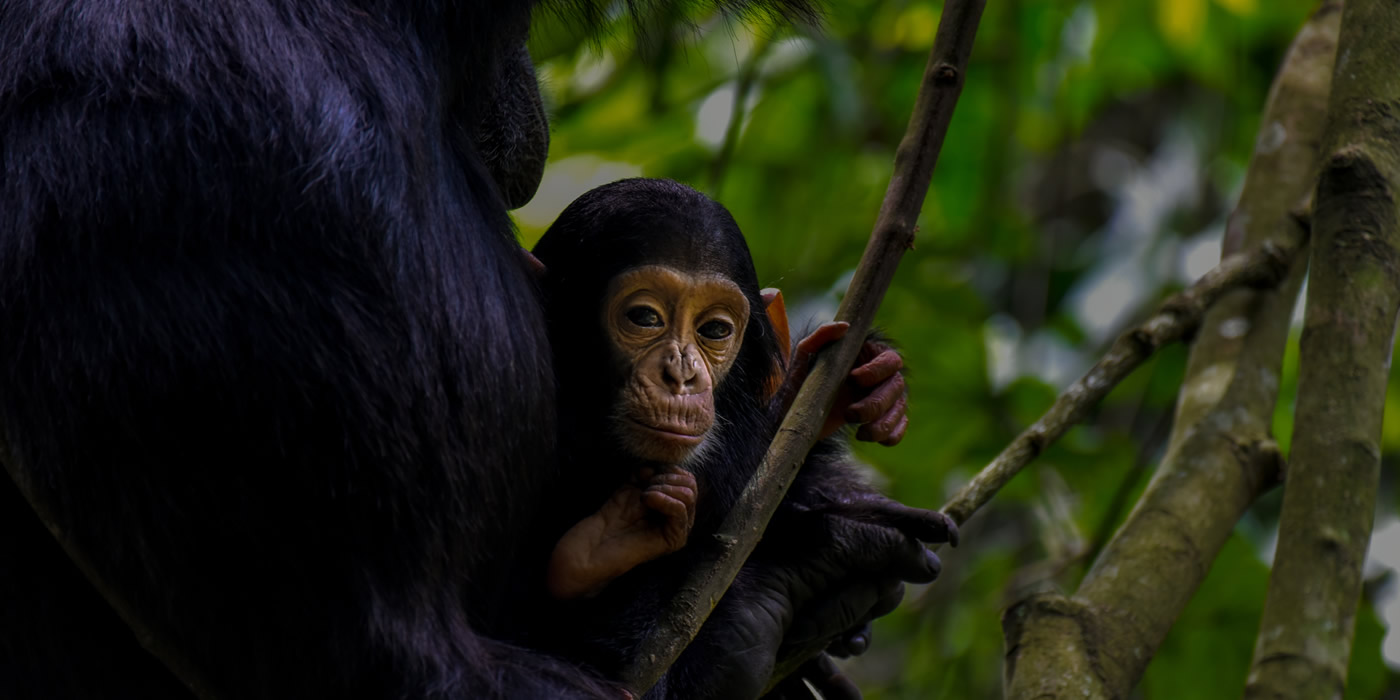Critical ecosystems in Uganda are facing unprecedented level of threats and destruction due to climate change, human induced drivers like encroachment on fragile habitat for agriculture, deforestation, poaching, among others, pushing some iconic species to extinction and putting the future health and resilience of Nature and host communities in uncertainty. Some species and ecosystems are more vulnerable than others including predators like cheetahs. To better understand the threats, their impact and how ecosystems are responding, Care for Nature works with protected management authorities to undertake systematic and regular research and ecological monitoring in key biodiversity areas. Monitoring individual species helps us to gather critical data on ecology and behaviour, resilience, survivorship and mortality, and how to best protect them. By tracking elephant movements, for example, we determine if they migrate outside of the park, and if so, how best to ensure their safety outside park boundaries and mitigate human-wildlife conflicts.
Our active research programs include long-term wildlife and ecological monitoring, GIS mapping, assessment of land-use and settlement patterns, effects of climate change, protected area management, and water monitoring. Our biodiversity assessment approaches combine a hybrid of the best science and indigenous knowledge and the information gathered is recorded and disseminated to stakeholders including communities, scientists, and governments to help them in decision-making for conservation action at local and national levels. Our monitoring efforts provide us with conservation early warning of any biodiversity changes and causes, measure and evaluate the outcomes of conservation action, establishing special use zones, understanding the status ecosystems and effectiveness of management interventions.

